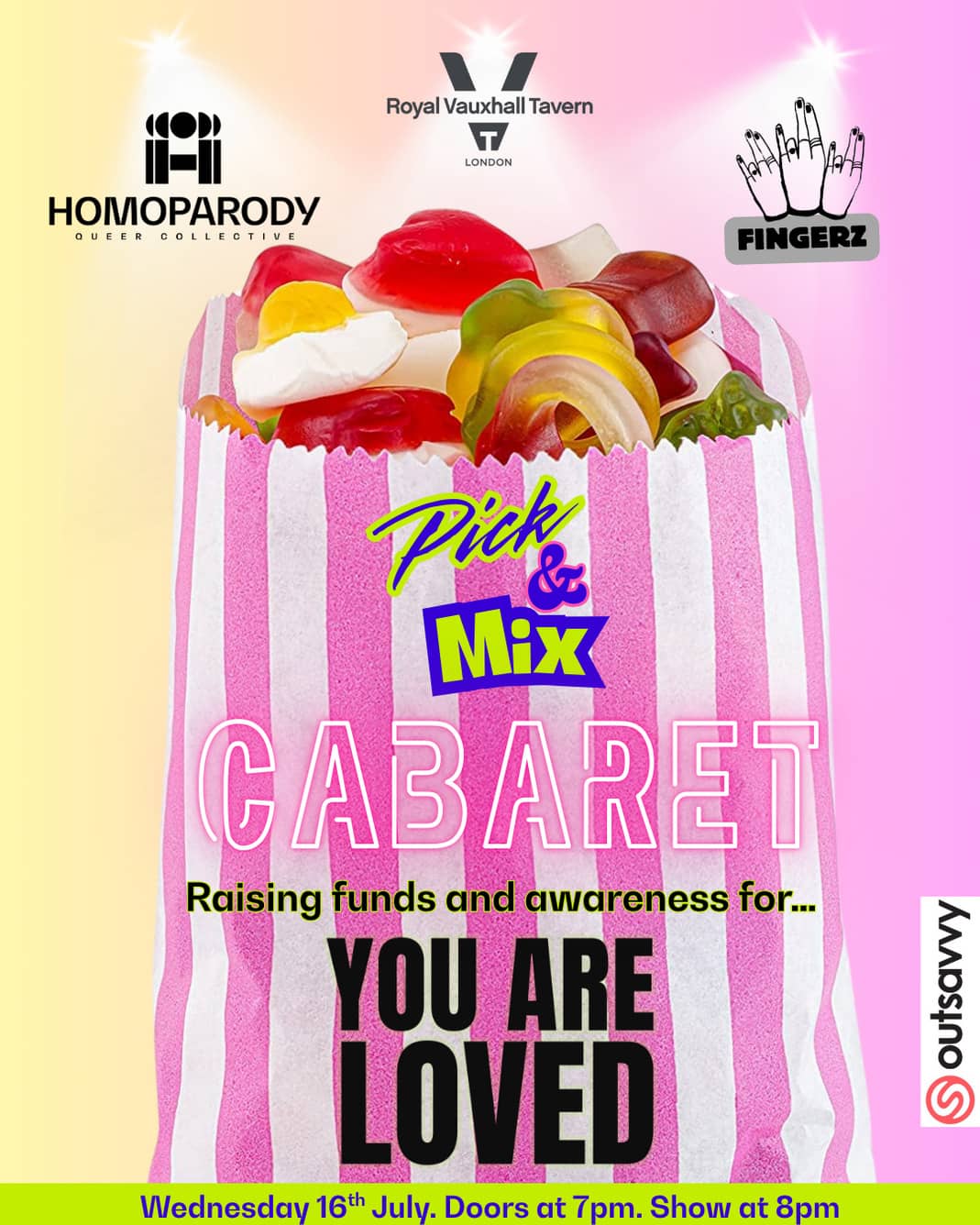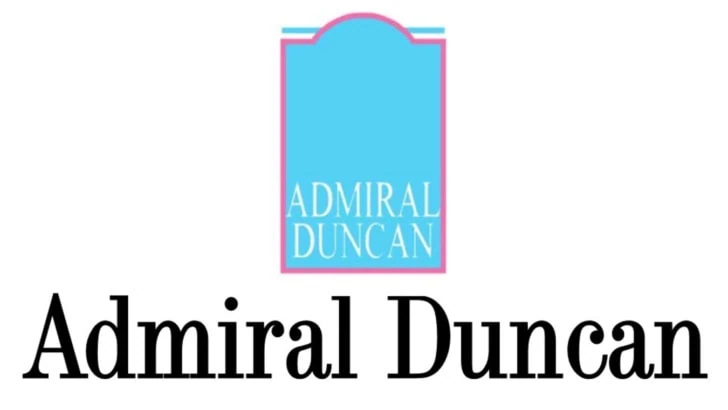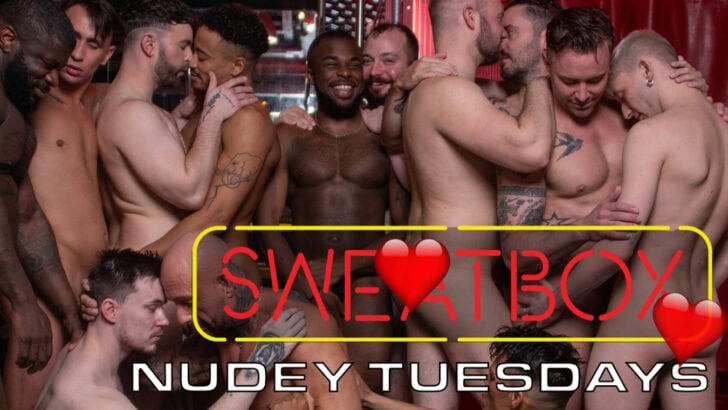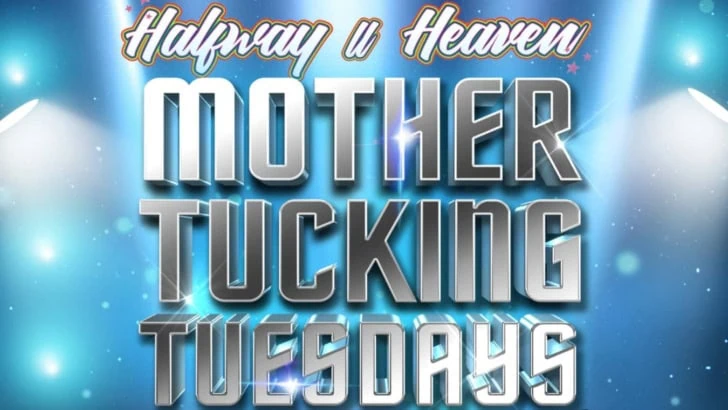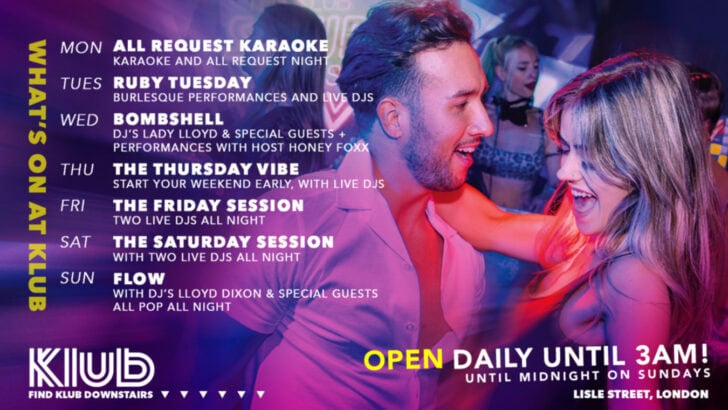Medical emergencies occurring in gay saunas have been in the press recently. QX peers through the steam to ask whether the sauna culture is a gay relic of days gone by or a queer institution that still has a relevant place in our community…
Last week a 37-year-old man was taken from Pleasuredrome in Waterloo by ambulance to St Thomas Hospital. He died at 3.40pm, in circumstances that have been treated as unexplained, awaiting a post-mortem toxicology report. However, it’s sparked a debate across gay social media about past incidences at the same venue in 2012 and more recently at venues like Chariots in Vauxhall. The police have also been found to be swooping on other south London venues recently, not just saunas, doing walk ‘rounds in the middle of club events such as Fitladz at Barcode and Eagle London.
When any ambulance is called to a venue, GBL or GHB is usually assumed by most clubbers to be the likely drug involved in the incident. ‘G’ is frequently used in chemsex. It’s a major nervous system depressant and therefore its measures and timings of dose are very important. But time and how much liquid is in your pipette becomes a bit of a slippery, swaying tightrope when you’re high. St Thomas Hospital treated 270 G-related casualties in 2010 alone.
Yet the discussion is focusing not on GHB and its dangers, but on the saunas. Charles Hill, owner of Pleasuredrome, said it was too soon to draw any conclusions about the incident: “At the moment there is not much to tell. The gentleman was not a regular. He was found looking quite ill in the cooler of our two dry saunas by a member of staff who was ‘doing the rounds’. There were three first aiders on duty at the time and the London Ambulance was promptly called. We began to treat the customer under telephone instruction from LAS who arrived very quickly and took over.”
He continued, “LAS removed the customer to hospital where he passed away later in the afternoon. As yet there is no knowledge as to what he died of. It could be totally natural, it could be the result of prescription or other drugs, we simply do not know and it is idle – and grossly unfair to the deceased and his family – to speculate. All may well become clear when the toxicology report comes through, but this might be some months away.”
Some voices are calling for saunas to be closed claiming they are outdated, outmoded dens of vice. Others are saying this is the policing of gay sexuality at the expense of the real problems; those G statistics at St Thomas didn’t all come from Pleasuredrome, but from across the south London area, people’s private chill outs as well as nightclubs. But seeing as it’s evidently a topic that gay men have a lot of passionate opinions on, QX decided to bring you the arguments for and against gay saunas.
MATTHEW HODSON
Chief Executive GMFA
www.gmfa.org.uk
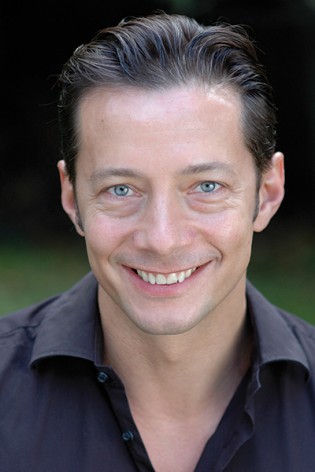
It’s harder to do this when people are organising impromptu sex parties in their own home. Guys can become HIV-positive in any setting where you have sex. There’s no real doubt that some people have become HIV-positive because of sex they’ve had in saunas, but it’s likely that more gay men have become positive because of sex that they’ve had in the bedroom, as people are less likely to use condoms when they feel emotionally intimate with their partners.
There is increasing concern about the number of cases where men show up at clinics, following a drugs bender, confused as to whether or not they’ve even had sex, or cases where it’s clear that they have had sex but have no recollection of it. Sex should be about doing what you both want to do. Unfortunately, non-consensual sex can occur in any number of settings, including private parties. At least at a sauna there should be staff to hand, at a sex party there may be nobody there who’s sober at all.
Some saunas work hard to look after the health of their clients, including offering HIV testing on site and making sure that there are plenty of condoms and lube easily accessible, wherever you are in the sauna. Responsible saunas also ensure that staff are trained to be able to provide information to customers if they need it, and can look out for people who may be vulnerable. Having posters on display can help remind people to take care of themselves and their sexual partners.
It’s all too easy to make judgmental pronouncements about anyone who has more partners than you, but I don’t think it’s helpful. If saunas aren’t your thing, that’s fine, but for a lot of gay men, including men that may not identify as gay, saunas provide a relatively safe environment for them to explore their sexuality.
I think that because gays are a minority within society, it’s easy for many of us to feel scared that we’re all being judged because of the way that others in our community behave. You see it with gay men who get angry about other gay men who are a bit camp, and it seems that we’re seeing it more often recently with a kind of slut-shaming attitude towards men who use saunas, or hook-up apps. If someone who’s gay does something that I wouldn’t want to do myself, I don’t feel that it says anything about me or my behaviour. I don’t feel it’s useful to get moralistic or proscriptive.
NICOLAS McINERNY
Writer and Dramatist
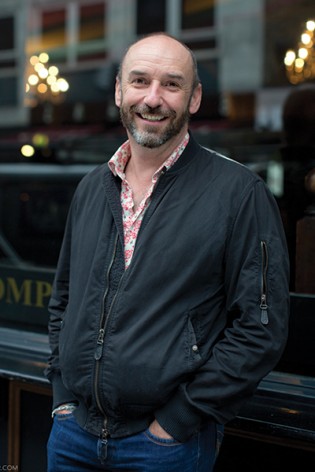
Given this fact – and also given the difficulties gay people faced at that time – it remained both a fascinating and a shameful place. As a young closeted teenager no doubt my mind would have raced to imagine such sticky possibilities, but I would never have dared to enter such an establishment.
The sauna at that time seemed to cover various worlds – the communal, the sexual, the hedonist, the health freak – but still conveyed the thrill of being the outsider, the transgressor. The promise of easy sex further cheapened the idea but also gave it a kind of tawdry glamour. As least for the few hours where at a sauna you could be who you really were. For a lot of men at that time it must have been a small ray of light.
Nowadays with the rise of hook-up apps, the internet, and a much more accepting environment the sauna’s relevance has been questioned. Sure, you can never argue against the need to scratch that itch, but aren’t there much better places to do it?
But we all live in virtual communities, where an online presence is considered more ‘real’ than an actual one, where Twitter is the way we have conversations, and Facebook’s apparent magnanimity hides deeper and more controlling motives. All these things seek to connect us, but ultimately serve our deeper sense of isolation.
“The gay sauna will also have a core agenda – sex. But curiously it’s also a space which can encourage community – and thus still make a contribution to gay life.”
Now, you can have a perfectly lonely experience at a sauna, I grant you – but there is at least the semblance of some kind of community – with an agreed etiquette and rules of behaviour, where there is the possibility of achieving real intimacy, perhaps friendship, perhaps even something more. Gay people are famously good at creating their own communities, and the sauna is a crucial rite of passage, where important lessons can be learnt about oneself – negotiation, expectation – that are learnt in the presence of others.
It is also important in the great social networking age of Apps Galore in which you can dial a dick without breaking a sweat, to inject a vital note of humanity. We live under the shadow of the body beautiful, which strangely finds another outlet in Scruff, Grindr et al, where you are presented with banks of toned torsos.
If you go to a sauna, you at least have the chance to scrutinise what you are about to have sex with, rather than open the door to someone who now looks like Worzel Gummidge. For the older man, or the one just embarking on a journey of exploration, it’s also a neutral space with familiar faces – and where he can learn important lessons about sexual health.
The gay sauna will also have a core agenda – sex. But curiously it’s also a space which can encourage community – and thus still make a contribution to gay life.
DAN GLASS
Activist
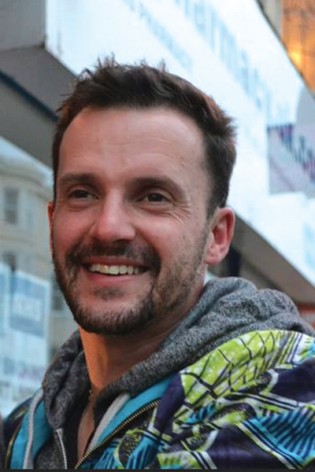
Some people are calling for all gay saunas to be shut down following the latest incident at Pleasuredrome. The LGBTQI community has a rich tradition of critical thinking – so here goes. Will closing down saunas rid society from the consequences of self-destruction and marginalisation? Or will these pathologies pack up and move elsewhere? In society, can we collectively break the cycle of tackling the symptom of everything and the root cause of nothing?
Through the mist of the steam room, I can only hazard a guess as to what’s going on inside the minds, hearts and souls of my steam-room mates. Where have they come from? What solace does this sauna provide? What needs are being met here that can’t be met outside above the pavement slabs?
I don’t like playing the vulgar game of reducing deaths to a statistic. But if the balls are out – I’m playing. For my London gay community, in the last five years alone – eight of our nightclubs have been shut down; HIV education and prevention services continue to be slashed whilst new HIV diagnoses soar to five every week; proposals to scrap the already minimal LGBTQI sex education in schools gain popularity; hate crime continues to leave one in ten of us bleeding in alleyways; rising right wing political parties continue to target us in their electoral propaganda whilst figures confirm we make up a quarter of UK’s homeless youth. Add the recent London gay sauna incidents, stir, serve and digest. Welcome to Britain’s LGBTQI community in 2015.
While basic human needs are the same everywhere, the ways in which we try to satisfy them vary considerably depending on our cultural backgrounds and our standards of living. In order to be fully alive and happy, we need to have our basic needs met. Only once we have met our primary needs of food, water, energy and shelter can we hope to meet our secondary needs.
The freedom to participate in the functions of society; identify ourselves as we choose; create change; protect ourselves and our loved ones; give and receive affection; enable subsistence and plan for the future; master our emotions and understand ourselves; relax; openly love and to dream and overcome the material reality of everyday life by imagining a better world. So, what happens when society removes our ability to meet these needs?
Deep down, we all know when we attempt to meet these needs constructively and when we engage in self-destructive patterns, including dangerous drug use, to hit the spot. I’ve witnessed ambulance sirens screeching outside gay saunas. I’ve also seen beauty unfurl in these most vulnerable, transformative spaces.
“The bad news is that our society is dominated by a culture of blame rather than questioning.”
Men touching, kissing, laughing, crying, relaxing, flirting and exposing deep vulnerabilities – many for the first time. Whether you’re a migrant fleeing the death penalty for whom you love, petrified as untreated HIV attacks your body or simply desiring to hold someone’s hand without fear of violence; whether we breathe our last breath outside in this brutal world or here on the sauna floor – for many it doesn’t matter.
The bad news is that our society is dominated by a culture of blame rather than questioning. We are conditioned to speculate, judge and consistently fail to see the bigger picture. This results in preventing meaningful social change. The good news is that the LGBTQI community and our allies are not willing to wait. We’ve had enough.
Across London and beyond, we are rising in our numbers to become subjects and not morbid statistical objects in our own reality. Campaigns to save our LGBTQI spaces and programmes for equal education, health and support services are spreading. People are coming together to cultivate a society that makes it possible for everyone to satisfy their fundamental needs, enhance the quality of our lives and ultimately to provide hope for our future.
Blame the system – not the saunas. Dreaming of equality can only happen when we have time to think and to breathe. So welcome, have a massage and a fresh towel.
Come on in – it’s cold outside.
ANTHONY GILET
Writer and blogger
www.cocktailsandcocktalk.com

Many could argue that the cause of deaths is not saunas themselves, but rather people’s attitudes towards drugs. And they’re totally right. But just because saunas are not the root of the problem, does that mean it’s OK for them to accommodate it? Sure, the key is education, but let’s see how many hedonists want to sit down and hear about the negative effects of their lifestyle. The men who die from drug overdoses probably know full well the effects of GBL and other drugs, but choose to take them anyway. So, do you really think you can educate the whole of gay London and watch the death toll drop? I would love you to prove me wrong, sincerely. But it’s just not realistic.
Well nightclubs accommodate drugs, should we close all of them down too? Ah, but that’s why nightclubs have security and often, medic rooms. Two – very important – things that saunas never have. Which is exactly why people need to stop comparing the two; they’re entirely different entities.
“As for a closure of saunas driving people into the dangerous lairs of sex parties – half the people that fuck in there wouldn’t even be allowed on the guest list, babe.”
Others may argue that they are safer at a sauna than they are at a chill out, but when three men have been hospitalized and die in three years (cause of death, “unexplained”) – are they really? But regardless of the actual answer, you can’t police people’s homes, therefore it’s a moot point. We can, however, police saunas better. As for a closure of saunas driving people into the dangerous lairs of sex parties – half the people that fuck in there wouldn’t even be allowed on the guest list, babe.
A common argument is that if these men weren’t doing it in a sauna, they’d be on whatever other app – but so what? Is that less safe? Not really. If anything, I’d assume that the last thing the person measuring your shots wants is a dead queen on their carpet.
Also, it goes without saying that the sole purpose of saunas is for gay men to engage in sexual activity. And while meaningless and easy sex will always be something that gay men seek, time has evolved. When cruising spaces were first invented people weren’t abusing them, so as our drug culture has evolved, so should the community.
Is this really the healthy example we’re looking to set for the younger generation, encouraging them to have reckless sex with random strangers? Sure, they can get that on a hook-up app, too – minus the £20 price tag, and the leering men that couldn’t care in the slightest for your wellbeing as long as they’ve got their cock up your arse.
Saunas belong to a hidden, sweaty, dank part of the dark underbelly of this city. People need to stop pretending like it’s a landmark of gay culture under fire here, it’s not. The uproar of some people is as though we’re suggesting they cancel Pride. We don’t need saunas, which is exactly why the rest of the LGBTQ community don’t have them. They’re not a necessity, they’re a dangerous luxury.
I’m not even pro-closure of saunas (it really makes little difference to me) but as a public venue – they need to invest in some first aid training, harm reduction and/or security.
I find it hard to believe that at £20 a customer, they can’t afford it. If you cannot run your business safely (or at least, safer) you don’t deserve to run one in the first place. It’s one thing to house the spread of HIV and other STIs, not to mention other sinister goings-on, but at least put what safety measures you can in place. It’s just plain irresponsible otherwise.
GAY SAUNAS: For or Against?
Share your views at qxmagazine.kinsta.cloud/feature/gay-sauna-debate
